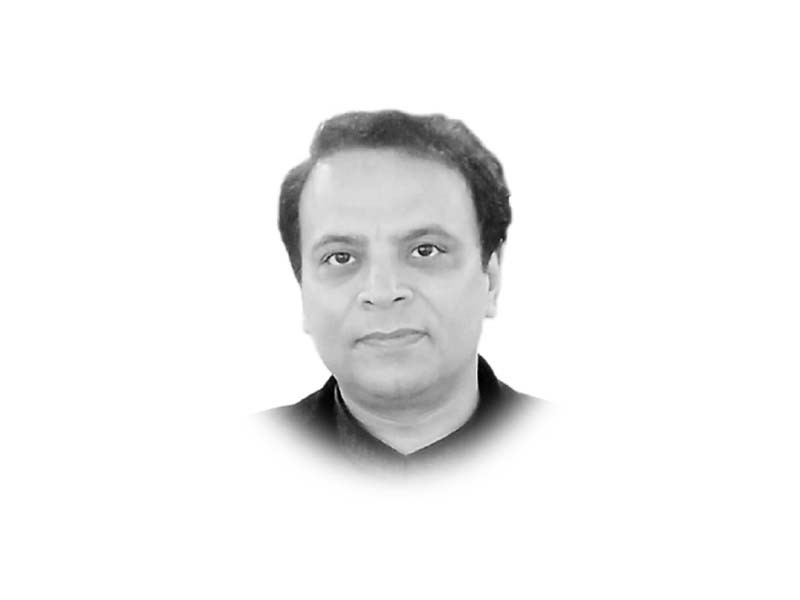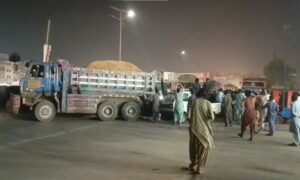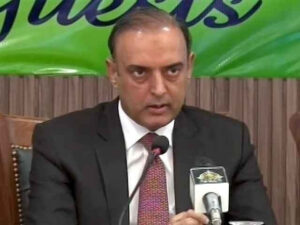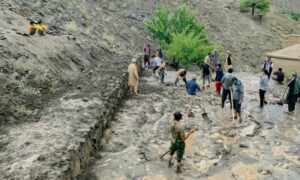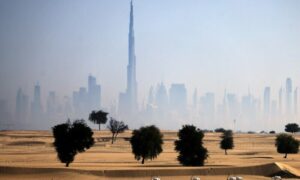Immediately after joining his office in January 2025, President Trump halted aid to several countries including Pakistan. Secretary of State Marco Rubio has said: “Every dollar we spend, every program we fund, and every policy we pursue must be justified with the answer to three simple questions: Does it make America safer? Does it make America stronger? Does it make America more prosperous?” The three questions raised by Rubio clearly indicate that US aid is all about fostering economic prosperity in the US and not necessarily the aid recipient countries. Many analysts in Pakistan, therefore, see indigenous economic growth as the only panacea for achieving economic self-reliance in the country. However, unfortunately, Pakistan’s fragmented institutions exhibiting and exercising unbalanced power relations have become a major hurdle in kick-starting sustainable economic growth in the country.
The 2024 Noble Prize in economics went to a Turkish American Professor Darron Acemoglu who underlined the importance of state institutions in fostering economic growth. Looking into the evolutionary history of the factors responsible for igniting economic growth, one could clearly observe that these factors are not the same for developed and developing countries. Conceptually following Acemoglu’s Model of Inefficient Institutions (MII), one can hypothesise that the groups in Pakistan with political power, called ‘the powerful elite’, frame politico-economic policies to increase their own incomes. They also use these policies to divert resources to them from the rest of the population. Owing to such a policy approach, inefficiency is the natural outcome inhibiting national economic growth. The MII approach suggests three main mechanisms behind this inefficiency: revenue extraction; factor price manipulation; and political consolidation. In Pakistan’s peculiar context, many taxes such as sales tax is a kind of distortionary tax that can conceptually be linked with Acemoglu’s notion of ‘revenue extraction’. Arguably, distortionary taxes tend to extract resources from the middle-class producers. Therefore, per MII, the absence of non-distortionary taxes, aimed at linking distribution of resources with efficient production, result in institutional inefficiency. In Pakistan’s context, all kinds of tax concessions for the powerful fall within the purview of factor price manipulation wherein the elite reduce the prices of factors they use for their own production of goods. This is again done by taxing the middle-class producers. The third factor in the MII model is political consolidation which aims to limit the profits of the middle-class producers because higher profits of the middle-class reduce the political power of the elite.
In addition, a predominant problem with developing countries is that they lack resources to carry out effective research that could critically analyse these factors and come up with innovative policy frameworks for their local growth challenges. Furthermore, overreliance on quantitative modelling and various econometric tools has been a rudimentary problem in suggesting a policy framework that could successfully kick-start economic growth in developing countries irrespective of their local economic challenges. This kind of traditional approach has the tendency to ignore outliers, treating them insignificant in economic analysis. As a result, government functionaries, policymakers and economists in developing countries apply the same model of economic growth as is done by developed countries. This is the fundamental problem why the economic policies in developing countries do not yield desired economic growth results despite massive investments. Like other developing countries, Pakistan is no exception.
When the developed countries were focusing on such factors of economic growth as capital, labour, technology and human capital, the developing countries did the same. However, the policy approach could not augment economic growth in many developing countries. The developed countries then pointed out the existence of long-term determinants of economic growth such as geography, culture and institutions. The developing countries accordingly started accommodating these factors in their economic policy documents without considering their local and contextual economic challenges. Within the three long-term determinants of economic growth, the importance of inclusive institutions in an economy gave birth to several groundbreaking factors that promote economic growth. As usual, the developing countries are now focusing more on institutional capacity building as a factor that can accelerate economic growth in their countries. However, the developing countries are still making the same mistake by ignoring their local economic and institutional challenges. One elementary factor that could be generalised across developed and developing countries is the balance of power among state institutions. The literature shows that power is the fundamental concept in social sciences in the same way as energy is the basic concept in physics. The developing countries like Pakistan must, therefore, concentrate on balancing institutional power in the country.
Institutions can be divided into three broad categories: institutions holding naked power; institutions holding judicial power; and institutions holding administrative power. In some developing countries, institutions holding naked power snub the institutions holding judicial or administrative power against the principles of inclusivity and collective economic wisdom. Consequently, many of the factors responsible for fostering economic growth get snubbed. For example, if a department of environmental protection is not issuing No Objection Certificate for a housing society and the housing society gets the NOC issued using naked power, it will weaken the institutional power of public administration in the country and thus slow down the economic growth rate. The same principle applies to the decisions of institutions holding judicial power.
The institutions in Pakistan must focus on balancing their power relations. Considering the MII recommendations, powerful institutions must come up and withdraw their excessive powers voluntarily in national economic interest. Many analysts wonder why Pakistan could not aggrandise economic growth rate despite drafting best Five-Year Plans in the world. Unbalanced institutional power remains one such factor that is inhibiting the country’s economic growth. Power is the same for an economy as blood for a body. It must have balanced circulation to keep all organs working. The 5Es Plan, central to URAAN Pakistan’s objectives, for instance, may consider adding 6th ‘E’ referring to ‘Evenness of Institutional Power’. The inclusion of 6th E will indeed be a point of departure from the traditional wisdom of econometric modelling by incorporating practical issues faced by the economy of Pakistan.
- Desk Reporthttps://foresightmags.com/author/admin/

